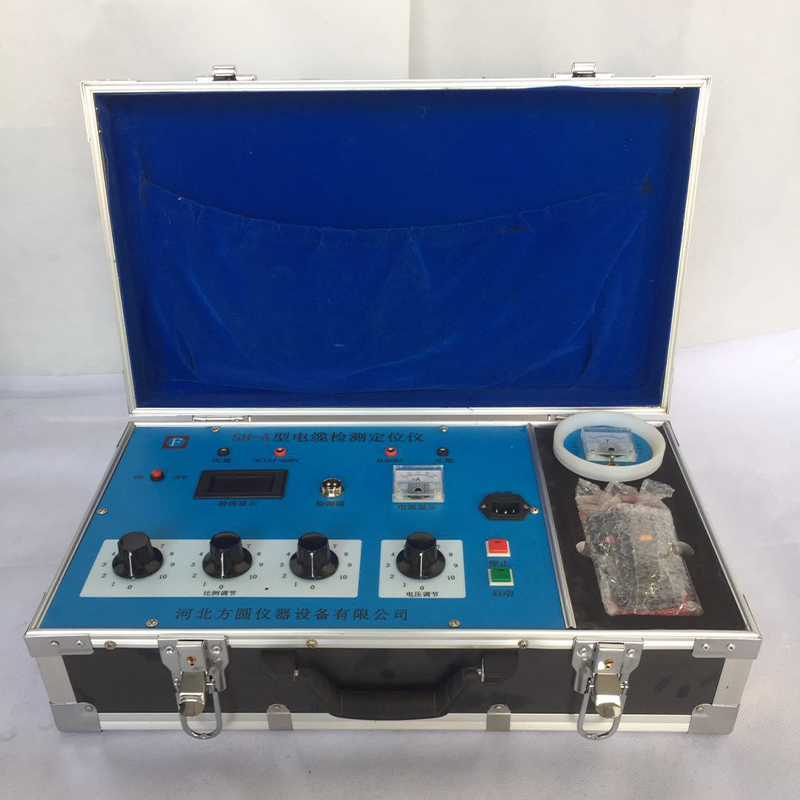china tensile strength testing equipment
Tensile Strength Testing Equipment in China
Tensile strength testing is a critical procedure in various industries, serving as a fundamental method to determine the mechanical properties of materials. In China, the demand for reliable and accurate tensile strength testing equipment has surged due to the rapid growth of sectors such as manufacturing, construction, and materials science. This article explores the significance, types, and advancements of tensile strength testing equipment in China.
Importance of Tensile Strength Testing
Tensile strength testing measures a material's resistance to being pulled apart or stretched. This property is vital for ensuring that materials can withstand the stresses they will encounter in applications. Industries such as construction and automotive rely on high tensile strength materials to guarantee the safety and durability of their products. For instance, steel and polymers used in building structures or car components must have specific tensile strengths to meet regulatory standards and performance expectations.
In China, stringent quality control measures have necessitated the use of advanced testing equipment. By investing in high-quality tensile strength testing machines, manufacturers can ensure their products meet both domestic and international standards. Additionally, accurate testing can help reduce material waste and optimize production processes, making it a key focus area for companies looking to enhance efficiency.
Types of Tensile Strength Testing Equipment
The market for tensile strength testing equipment in China offers a variety of instruments designed to cater to different materials and applications. Some common types include
1. Universal Testing Machines (UTM) These machines are versatile and can test a wide range of materials, including metals, polymers, fibers, and composites. A UTM typically includes a load cell, a crosshead, and extensometers to measure the force and elongation of the material during the test.
2. Electromechanical Testing Machines These machines utilize electric motors to apply tensile loads to the specimen. The precision and control offered by electromechanical machines make them ideal for testing low-strength materials or conducting precise experiments in a laboratory setting.
china tensile strength testing equipment

3. Hydraulic Testing Machines These are often used for testing larger and higher-strength materials. Hydraulic machines can generate significantly greater forces, making them suitable for industries such as construction and heavy machinery.
4. Micro and Nano Tensile Testing Equipment With the emergence of advanced materials, such as nanomaterials and biomaterials, specialized equipment has been developed to measure the tensile strength of materials on a micro or nano scale. This type of testing is crucial for research and development in cutting-edge fields.
Advancements in Technology
China is at the forefront of technological advancements in testing equipment. With recent innovations, the precision, efficiency, and user-friendliness of tensile strength testing machines have improved significantly. Key advancements include
- Automation and Software Integration Modern testing machines are increasingly automated, allowing for remote monitoring and control. Software applications enable users to collect and analyze data in real-time, facilitating quicker decision-making processes.
- High-Performance Sensors The integration of advanced sensors has enhanced the accuracy of measurements. High-resolution strain gauges and load cells provide detailed information about the material's response under stress.
- Sustainability Features As environmental concerns continue to grow, manufacturers are incorporating sustainable practices into their production processes. This includes energy-efficient machines and recyclable materials for components.
Conclusion
The landscape of tensile strength testing equipment in China is evolving rapidly, driven by technological advancements and an increasing demand for quality assurance across various industries. As businesses continue to prioritize reliability and performance, the role of tensile strength testing becomes ever more critical. Investing in state-of-the-art testing equipment not only ensures compliance with standards but also promotes innovation and efficiency, ultimately contributing to the growth and sustainability of China's manufacturing sector. As the country moves forward, the continuous improvement of testing technologies will play a pivotal role in maintaining competitiveness on the global stage.
-
The Role of Tensile Force Testers in Quality Control and Material Science
NewsAug.01,2025
-
Maintenance and Safety Tips for Aging Ovens
NewsAug.01,2025
-
Density Balance in Forensic Science
NewsAug.01,2025
-
Advanced Optical Measurement Technologies
NewsAug.01,2025
-
A Buyer’s Guide to Tensile Test Machines
NewsAug.01,2025
-
Why the Conductor Resistance Constant Temperature Measurement Machine Redefines Precision
NewsJun.20,2025
 Copyright © 2025 Hebei Fangyuan Instrument & Equipment Co.,Ltd. All Rights Reserved. Sitemap | Privacy Policy
Copyright © 2025 Hebei Fangyuan Instrument & Equipment Co.,Ltd. All Rights Reserved. Sitemap | Privacy Policy

